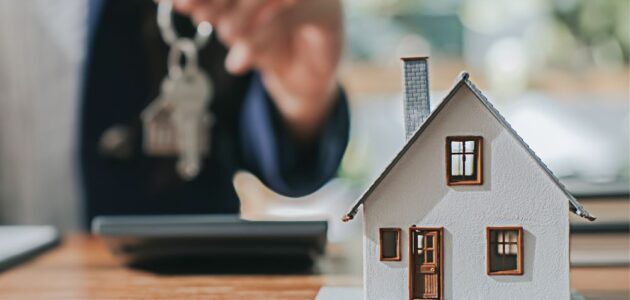The decision of whether to buy or lease a commercial property is one that many business owners face at one time or another. It might be that you are setting up a new business or you need to expand to a bigger premises because your business is doing well. According to the good folk at EXIT Real Estate Consultants in DeRidder, there is a lot to consider when choosing whether to lease or buy. While buying might be sensible for some businesses, leasing might be the preferable option for others. It is important therefore to consider the pros and cons before making a decision.
What are the Pros and Cons of Leasing a Commercial Property?
The biggest benefit of leasing a business is that you don’t have to tie up capital in a down payment that will almost certainly be required to secure a mortgage. Furthermore, buying a property means paying out for other services such as origination, appraisal, and closing fees.
With a leased commercial property, you are not responsible for repairs or maintenance to the structure of the property, but some lease agreements include a charge for maintenance. It is the landlord’s responsibility to make sure the building is maintained and that repairs are taken care of even if they are making you pay towards the costs. You are likely to have a fixed lease amount each month, allowing you to factor this in to your expenses.
Additionally, with a leased property you can move once your contract finishes. Moreover, you won’t have the headache of finding a buyer should you need to move to a bigger or smaller property.
The downside of leasing is that it can be expensive, and rent can often be higher than what you would pay for a mortgage. Your monthly lease payment is likely to include utilities, property taxes, maintenance, and insurance.
What are the Pros and Cons of Buying Commercial Property?
When you buy commercial property, you will instantly have an asset and you will own 100 percent of the building. The amount of equity you have in the property will depend on the down payment you make, but the more payments you make as well as potential increases in the value of the property will all increase your equity. If necessary, you can refinance at a later date to release some of that equity to use for the business.
If you buy a property that is larger than you need to run your business, you can lease some of the space to another business, thus earning an income that can be put towards the monthly mortgage payment.
Another added benefit of buying a commercial property is that you can change the internal layout and configuration should you need to. Provided you follow zoning laws, you will not have to ask permission to make changes.
With the good comes the bad, and for some businesses buying commercial property means tying up funds that they could use elsewhere in the business. Furthermore, it can be difficult to access financing for a purchase without an adequate down payment. Some lenders require businesses to put up between 10 and 40 percent of the purchase price as a down payment.
Conclusion
Whether to buy or lease a property for your business is really a matter of whether it will suit your circumstances. If your business has a lot of capital and is performing well, then it may make sense to purchase. However, leasing may be better if you think you might need access to that cash in a hurry and you want more flexibility about moving should you need to.


